Building the Skill-Based Organization
HR Digest
APRIL 17, 2023
In this article, we will discuss the definition of a skill-based approach for organizations, the importance of building a skill-based organization, and how it can be achieved. Once you have identified these future business skills, you can develop a plan to address them. What is a skill-based organization?



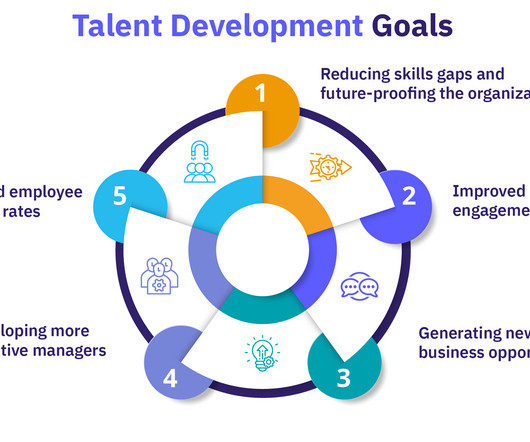





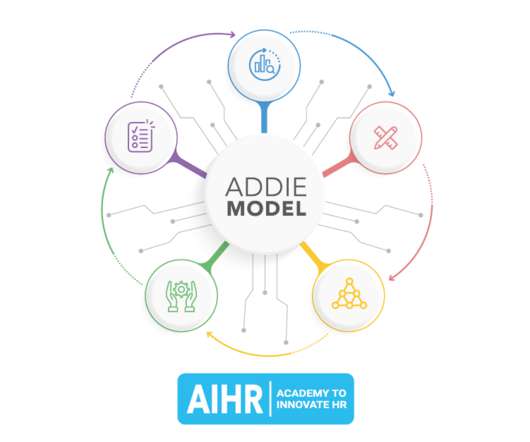
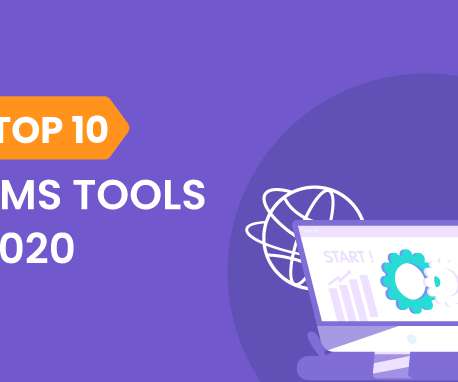


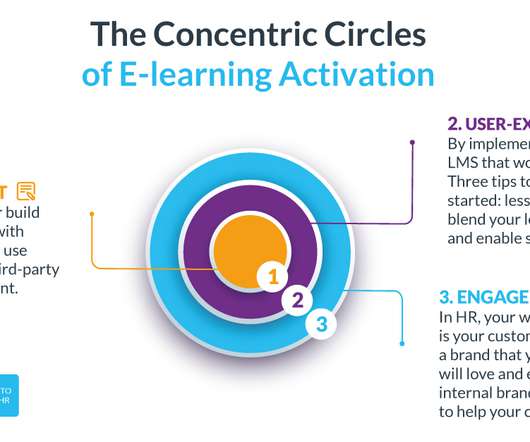

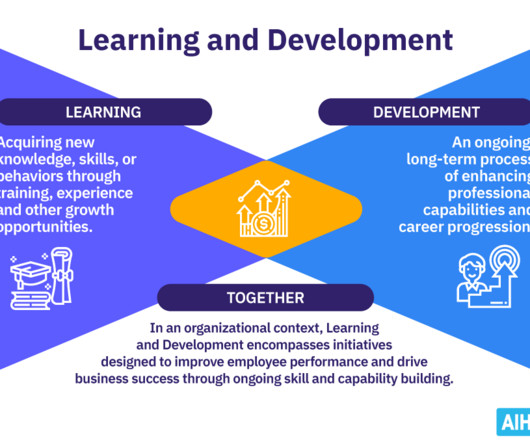











Let's personalize your content